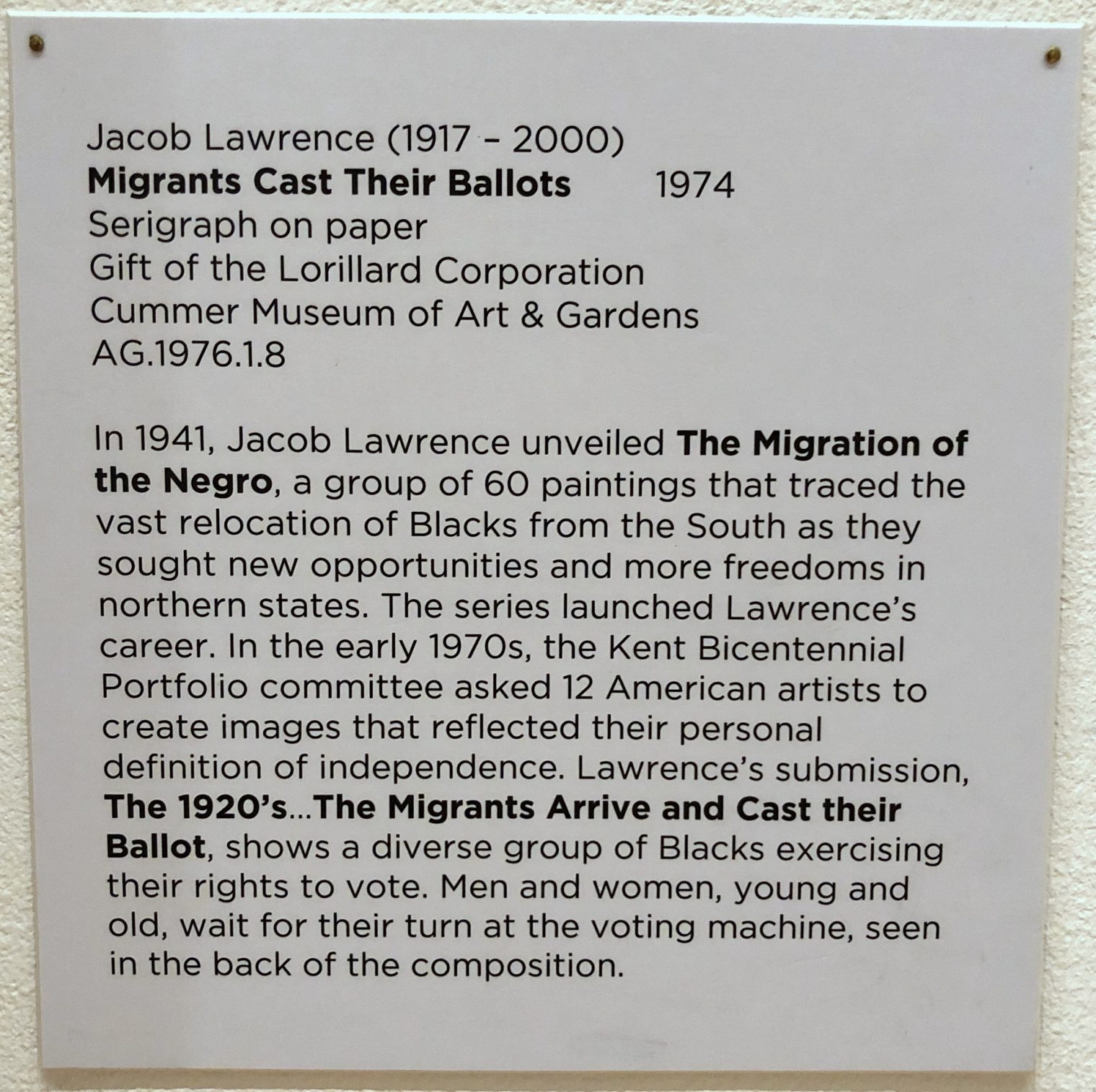Has anyone ever seen an explanation of why Boeing couldn’t simply remove MCAS from the 737 MAX and tell pilots “you have to push forward on a go-around, just as you would in a Cessna 172 or Cirrus SR22”?
From FAR 25 (certification of airliners):
§25.145 Longitudinal control.
(a) It must be possible, at any point between the trim speed prescribed in §25.103(b)(6) and stall identification (as defined in §25.201(d)), to pitch the nose downward so that the acceleration to this selected trim speed is prompt with
(1) The airplane trimmed at the trim speed prescribed in §25.103(b)(6);
(2) The landing gear extended;
(3) The wing flaps (i) retracted and (ii) extended; and
(4) Power (i) off and (ii) at maximum continuous power on the engines.
(b) With the landing gear extended, no change in trim control, or exertion of more than 50 pounds control force (representative of the maximum short term force that can be applied readily by one hand) may be required for the following maneuvers:
(1) With power off, flaps retracted, and the airplane trimmed at 1.3 VSR1, extend the flaps as rapidly as possible while maintaining the airspeed at approximately 30 percent above the reference stall speed existing at each instant throughout the maneuver.
(2) Repeat paragraph (b)(1) except initially extend the flaps and then retract them as rapidly as possible.
(3) Repeat paragraph (b)(2), except at the go-around power or thrust setting.
(4) With power off, flaps retracted, and the airplane trimmed at 1.3 VSR1, rapidly set go-around power or thrust while maintaining the same airspeed.
(5) Repeat paragraph (b)(4) except with flaps extended.
(6) With power off, flaps extended, and the airplane trimmed at 1.3 VSR1, obtain and maintain airspeeds between VSW and either 1.6 VSR1 or VFE, whichever is lower.
In other words, an airliner meets certification standards unless it takes more than 50 pounds of push-forward on a go-around. I’m sure that there is some pitch-up moment on a 737 MAX, but it is tough to believe that a gradual trim-forward from MCAS would be sufficient if, in fact, more than 50 pounds of pushing on the yoke were required in the absence of any trimming.
The B737 already had a stick shaker for any time that it was getting near a stall (reminds pilots to push forward). So it should have been less likely to get into an elevator trim stall than a flight school Cessna 172.
Why couldn’t Boeing rip out MCAS, fire any of the coders and engineers involved in its design, tell airlines to give everyone an elevator trim stall demo in every recurrent sim session, and call the 737 MAX good?
(This is such an obvious and cheap fix that surely Boeing would have tried it if would work, so I assume that some rule would be violated, but which one?)
Related:
Full post, including comments 



